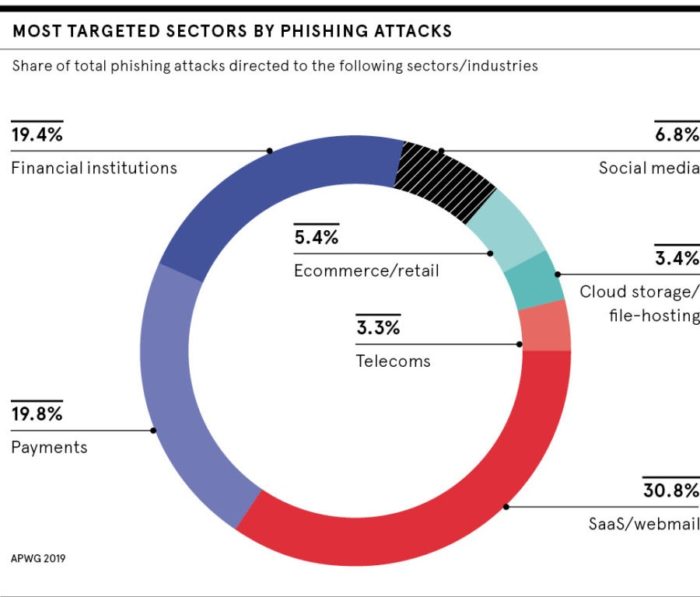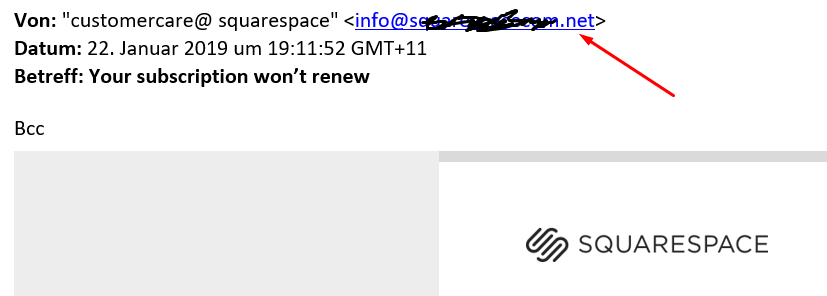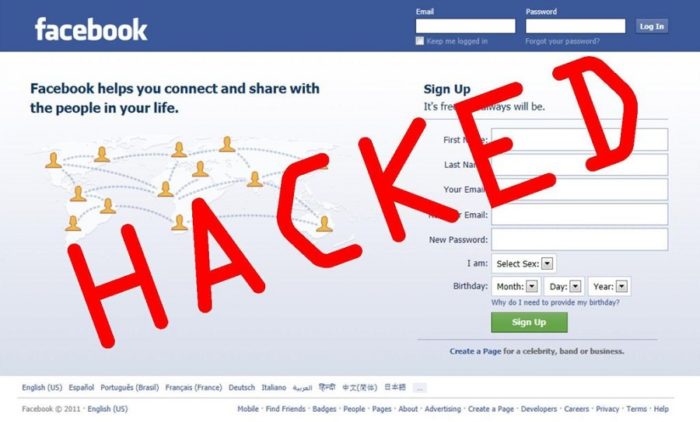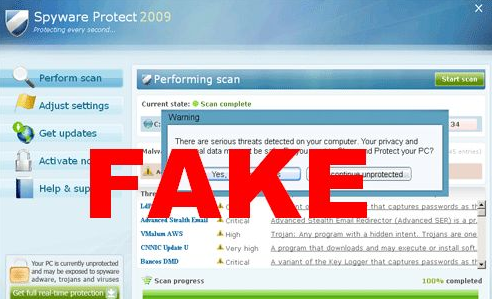Believe it or not, internet security is one of the most crucial security aspects that is often overlooked. There are millions of hacked users every day. This can range from losing their identities, ruining their credit reports, and even losing money. Some hackers and cybercriminals don’t also do that, but they use your online personality to pretend to be you for jobs and more.
In the past, many people were aware of email scams that told you to claim free prizes and targeted people and job seekers by providing data and getting fake money orders to transfer funds into bank accounts via websites like Craigslist. Still, these criminals are getting even more tech-savvy, and you don’t want to fall for it. We’re going to educate you on how you can keep your information safe and improve your internet security.
Table of Contents
Phishing for Information

Even using sites like Upwork can compromise your internet security. Hackers are now using job boards, media sites, and social media to push their phishing scams.
In the past, phishing was something like using a fake email that claimed to be legit, much like a scam letter you got in your mail 30 years ago. Today, however, phishing has gone even further. People send you emails stating that they’re legit job recruiters offering you employment, and others offer loan services, contributing to resolving payment issues and more. Keep in mind that these are extremely dangerous, and no company that is legit online will ask you to send them a copy of your ATM, debit card, or personal information in an email.
URL Masking

URL masking is a real threat when it comes to your internet security.
People often do all forms of phishing, and even hacking you is using URL masking to get you to think the link is official. They’ll often throw out that they’re writing from “paypal.com,” but when you click the link, you’ll find out that it says “paypal.paymentcollections.de” or another domain. If you see this, you need to research this very carefully.
Social Media Hacking

It doesn’t matter if you suffer from a Twitter attack or your Facebook account gets hacked. Your internet security is in danger.
There are billions of people on Facebook. Earlier this year, there was a data breach when numerous people found a way to hack others’ accounts, which enabled them to get their information. All they had to do was look up that information and get access to other accounts like Steam (a popular gaming app) and even credit and debit card companies, cryptocurrency accounts, and more.
Protect Yourself from Fake Antivirus

Downloading and trying to use a fake antivirus can compromise your internet security.
Many scammers are now using ways of notifications on your browser to make you download malware. Some are even recreating alerts that don’t just show up as “scareware,” which is fake antivirus meant to scare you, often put in pop-ups in the past. The new method allows them to give you a link to antivirus, and it flags people by saying that their computer has been infected. The user then clicks on this link and downloads malicious programs that look like real antivirus software compromising your internet security.
You can even scan your computer with some of these programs and find some real problems that even other antivirus apps will suggest, but this fake antivirus downloads back-door Trojans, spyware, and even other forms of viruses like ransomware on your computer set to go off after so many days. When you thought you were trying to improve your internet security, they throw a wrench in your plans.
So How do I Stay Safe Online?
Here’s a quick list that can significantly help you stay safer online today and improve your internet security.
- Don’t click on anything that you don’t recognize. If it looks legit, pay close attention to see if there are spelling and grammatical errors on warnings.
- Use a more secure web browser. Many companies still use Internet Explorer, which is full of Active X loopholes and security issues. Microsoft Edge claims to get rid of many of these possible issues, but it is still the most insecure browser compared to that of Google Chrome, Firefox, Safari, or Opera.
- Don’t accept friend requests on social media from people you don’t know on social media or messages. There is a reason that people who aren’t on your friends’ list are thrown into the “Message Requests” section. If you don’t know the person, or they’re from another country that you don’t know, you need to ignore or block them.
- Go to the right websites to download software. There are many sites out there that even have official software, such as the Download.com website from CNET and others that use the official Microsoft Store for their apps. However, you are safer going from the software manufacturer’s website in most cases.
- Ignore unwanted emails. Very simple. If you see something that you didn’t request, as job leads for “job recruiters,” you didn’t ask for them or apply for the position, then ignore the email and block the sender’s domain.
- Keep your real antivirus and antivirus software up to date. Having the right solutions for you can significantly decrease the risks you’ll face regarding your internet security.
Avoid Risks Elsewhere
Another common problem that people face is that they think they’re safe on their Android phones, VoIP phones, and even their iPhones, but the truth is, there is malicious software that masks themselves as real apps on there and can steal your information. By having the proper security and managed IT solutions, you can help your business succeed and be safe.
Remember, if one person in your network gets infected, it can bring down the entire system for your home network and even your small business. That is why it is imperative to improve your internet security continually for more ways that you can keep safe and improve your internet security, send us a quick message and check out our other blogs.

